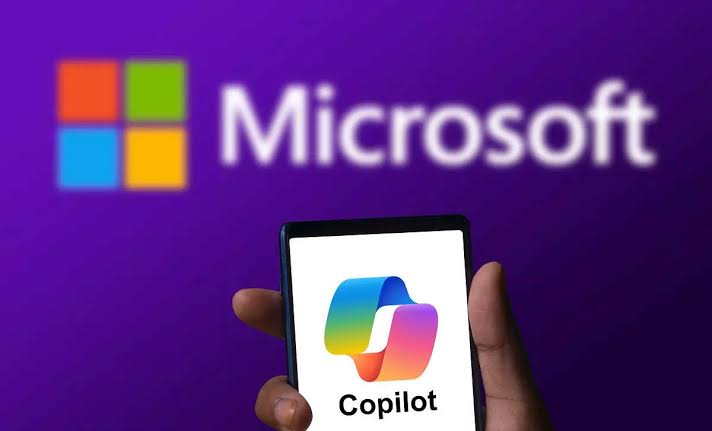Microsoft is significantly shifting its artificial intelligence strategy by incorporating non-OpenAI models into its Microsoft 365 Copilot products.
The decision, announced on Monday, shows the company’s intent to reduce dependence on OpenAI due to concerns over cost and performance.
Read also: ChatGPT and Sora suffer another service interruption on Boxing Day
Evolving Al strategy
Microsoft has invested heavily in OpenAI, with a total of $11 billion since 2019. This partnership enabled early access to advanced models like GPT-4, which powered features in Microsoft 365 Copilot released in March 2023.
However, as the demand for more flexible and cost-effective solutions grows, Microsoft is exploring third-party AI options and developing in-house models like Phi-4 to enhance its offerings.
Enhancing user experience
By diversifying its AI capabilities, Microsoft aims to provide solutions that address specific business needs across various sectors, such as healthcare and finance.
This multi-model approach allows for more specialised functionalities, improving user experience and operational efficiency.
One spokesperson noted, “We incorporate various models from OpenAI and Microsoft depending on the product and experience.”
Incorporating third-party models
Integrating non-OpenAI models is not just about cost reduction; it also emphasises innovation. Microsoft can improve response times and potentially pass savings on to customers using open-source models like Meta’s Llama series.
This strategy aligns with broader industry trends where companies increasingly adopt multi-model AI approaches to mitigate risks associated with relying on a single provider.
Read also: Microsoft expands Phone Link: iPhone-to-PC file sharing
Real-world applications
The Copilot feature in Word can summarise long documents or create new content based on user prompts.
Excel suggests data visualisation techniques, demonstrating how diverse AI models can enhance productivity tools. This flexibility opens up new possibilities for users, enabling them to utilise AI in ways that cater to their needs.
As Microsoft continues to evolve its AI strategy, the focus remains on creating a robust ecosystem that fosters innovation and meets the diverse demands of its user base.




